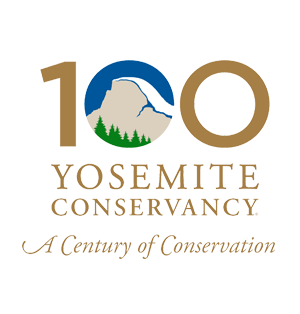Project goal: Ensure the continued success of an essential Yosemite legacy: the mounted patrol program.
Why this work matters: Yosemite’s mounted patrol has roots in the 1890s, when U.S. cavalry soldiers served as inaugural park rangers, but it is far from antiquated. The program has evolved over the decades, earning a celebrated reputation within and beyond the National Park System while remaining indispensable to park operations. Today, Yosemite rangers rely on horses and mules to conduct search and rescue operations, traverse rough backcountry terrain for supply deliveries and wilderness patrols, inspire and educate visitors, and more.
Many of the park’s long-serving horses and mules have contributed years of valuable, rigorous work to the mounted patrol team and are nearing the end of their careers. This project helps ensure Yosemite’s equine program can continue its long legacy as an essential element of the park, by bringing in new horses and mules. Once the new animals join the team, older ones are adopted out to carefully selected homes to enjoy a well-earned retirement.
How your support helped: With your support in 2020, Yosemite welcome eight new “four-legged rangers” (six mules and two horses). The new mules enabled rangers to put together an additional pack string to support wilderness operations, while the two new horses replaced recently retired equine members of the mounted patrol team. Your donations also supported a weeklong mounted patrol training for eight rangers. Thanks to you, this project helped guarantee the ongoing strength of the “heart” of the park’s mounted patrol — horses and mules — and the continued success of a longstanding program that remains integral to stewardship, safety and education in Yosemite.
Project partner: Yosemite National Park.

